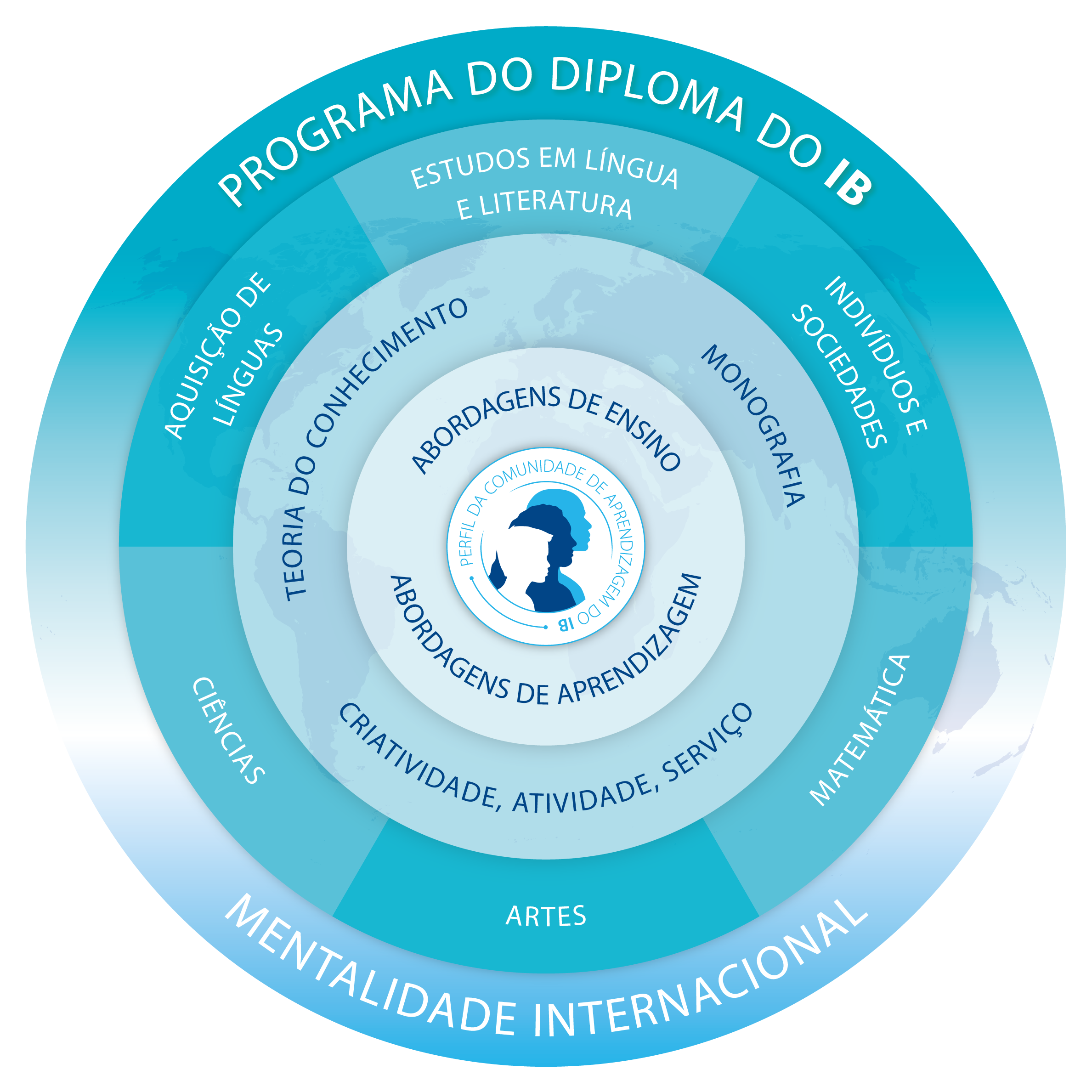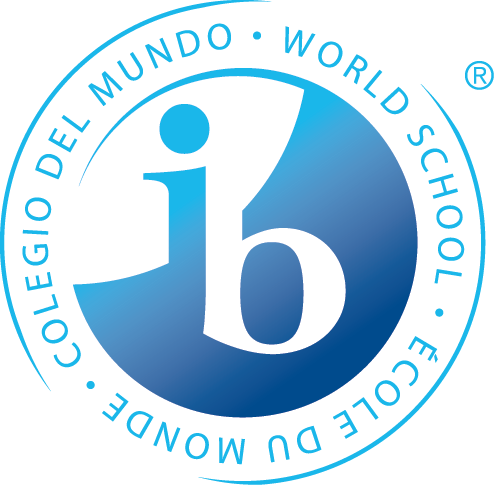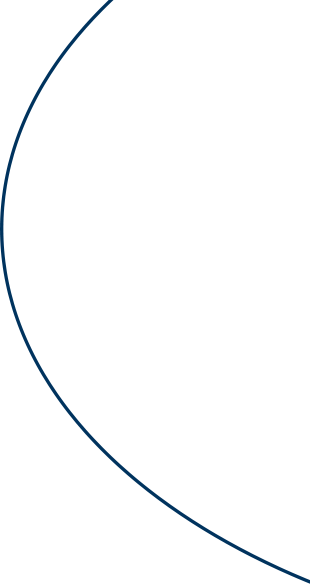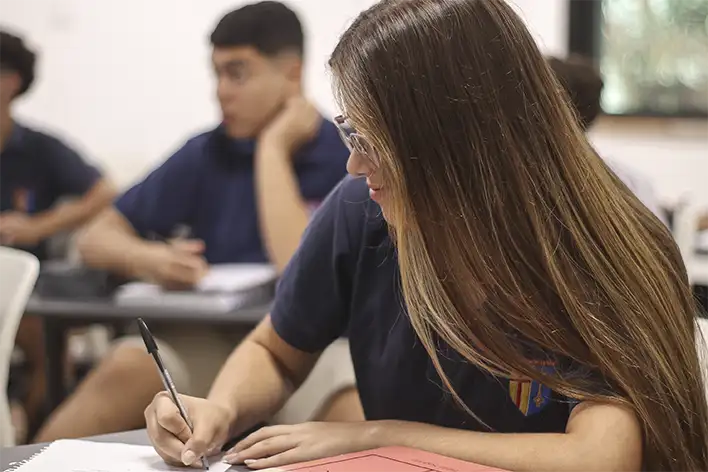The Escola Cristã Genebra Diploma Programme will offer students the opportunity to study six subjects in depth, divided into six main groups:

Group 1: Language A: Language and Literature
In this course, students study a wide range of literary and non-literary texts in a variety of media. By examining communicative acts across literary form and textual type alongside appropriate secondary readings, students will investigate the nature of language itself and the ways in which it shapes and is influenced by identity and culture. Approaches to study in the course are meant to be wide ranging and can include literary theory, sociolinguistics, media studies and critical discourse analysis among others.
This subject is taught in Portuguese and it is a mandatory High Level Subject.
Group 2: Language Acquisition
English B (SL and HL)
Language B is a language acquisition course designed for students with some previous experience of the target language. In the language B course, students further develop their ability to communicate in the target language through the study of language, themes and texts. In doing so, they also develop conceptual understandings of how language works, as appropriate to the level of the course.
Distinction between English B (SL – Standard Level) and (HL – High Level)
At both levels of language B (SL and HL), students learn to communicate in the target language in familiar and unfamiliar contexts. They describe situations, narrate events, make comparisons, explain problems, and state and support their personal opinions on a variety of topics relating to course content. The study of two literary works originally written in the target language is required only at language B HL. The distinction between language B SL and HL can also be seen in the level of competency the student is expected to develop in the receptive, productive and interactive skills described below.
Group 3: Individuals and Societies
Business Management – BM (SL and HL)
The business management course is designed to meet the current and future needs of students who want to develop their knowledge of business content, concepts and tools to assist with business decision-making. Future employees, business leaders, entrepreneurs or social entrepreneurs need to be confident, creative and compassionate as change agents for business in an increasingly interconnected global marketplace. The business management course is designed to encourage the development of these attributes.
Through the exploration of four interdisciplinary concepts—creativity, change, ethics and sustainability—this course empowers students to explore these concepts from a business perspective. Business management focuses on business functions, management processes and decision-making in contemporary contexts of strategic uncertainty.
Students examine how business decisions are influenced by factors that are internal and external to an organization and how these decisions impact upon a range of internal and external stakeholders. Emphasis is placed on strategic decision-making and the operational business functions of human resource management, finance and accounts, marketing, and operations management.
The business management course is designed to meet the current and future needs of students who want to develop their knowledge of business content, concepts and tools to assist with business decision-making.
Distinction between BM SL – Standard Level and HL – High Level
The SL course in business management differs from the HL course in terms of the:
- ⇒ recommended hours devoted to teaching (150 hours for SL compared to 240 hours for HL)
- ⇒ extra depth and breadth required (extension material for HL only)
- ⇒ nature of the examination questions in papers 2 and 3.
Paper 2 for both SL and HL focuses on developing quantitative skills; however, HL students will need to develop these further in greater depth.
Paper 3 is an HL-only paper based on a social enterprise, where students identify and describe a human need and the potential organizational challenges facing the social entrepreneur. Further to this, students are required to write a decision-making document that includes a business recommendation.
Brazilian Social studies – BSS (História e Geografia) (SL)
The Brazilian social studies course is divided into eight topics covering a variety of areas of study on the geography and history of Brazil. The syllabus content aims to provide a comprehensive view of Brazil’s development and its status as a regional power in the global economy. The course, which sits within the individuals and societies subject group, explores physical, political, social, economic, religious, technological and cultural aspects of Brazil.
Students are guided through a course that allows them to develop an appreciation of Brazilian culture and society as seen through both historical and geographical lenses. An international perspective is included to make students aware of the role that Brazil plays in the region and the world, and to make them aware of the perceptions of other societies about this country. The specific focus on Brazil allows students to study Brazilian history and geography in the breadth and depth required for the Brazilian universities’ entrance examinations.
This subject will be taught in Portuguese language.
The Brazilian social studies course is divided into eight topics covering a variety of areas of study on the geography and history of Brazil.
Group 4: Sciences
Biology (SL and HL)
The earliest evidence of life on Earth dates from at least 3.5 billion years ago. Through reproduction and natural selection, life has diversified tremendously, occupying a wide variety of niches. This diversity makes biology both a deeply fascinating and significantly challenging study.
The study of life makes progress through not only advances in techniques, but also pattern recognition, controlled experiments and collaboration between scientists. Unifying themes provide frameworks for interpretation and help us make sense of the living world: Form and function, Unity and diversity, Continuity and change, and Interaction and interdependence are four of the themes around which this biology syllabus is constructed, although other frameworks are possible.
The earliest evidence of life on Earth dates from at least 3.5 billion years ago. Through reproduction and natural selection, life has diversified tremendously, occupying a wide variety of niches.
Physics (SL and HL)
Physics encompasses everything that we do as human beings. The very meaning of the word is “the study of nature”. Indeed, when the discipline was first defined, it was about observing the Milky Way, the entire known universe at the time, while wondering about the existence of the atom. As with the universe, physics knowledge is constantly expanding. The existence of black holes, gravitational forces so strong that even light is unable to escape, was first theorized in the 18th century. In 2019, an image of a black hole was captured for the first time.
However, physics is not just about staring into the vastness of space or scrutinizing the tiniest particles that make up the fabric of the universe. The fact is that discoveries in physics are the root of ideas that revolutionize the technology used in our daily lives. It is an everyday, grounded science encompassing advances in communication, medical technology and renewable energy.
It is above all a creative discipline. Physics requires solid knowledge of basic principles and a willingness to put them to the test in new ways. It requires curiosity and an appetite to explore what might be.
Physics encompasses everything that we do as human beings. The very meaning of the word is “the study of nature”. Indeed, when the discipline was first defined, it was about observing the Milky Way, the entire known universe
Distinction between SL – Standard Level and HL – High Level
Students at SL and HL share the following.
- ⇒ An understanding of science through a stimulating experimental programme
- ⇒ The nature of science as an overarching theme
- ⇒ The study of a concept-based syllabus
- ⇒ One piece of internally assessed work, the scientific investigation
- ⇒ The collaborative sciences project
The SL course provides students with a fundamental understanding of physics and experience of the associated skills. The HL course requires students to increase their knowledge and understanding of the subject, and so provides a solid foundation for further study at university level.
The SL course has a recommended 150 teaching hours, compared to 240 hours for the HL course. This difference is reflected in the additional content studied by HL students. Some of the HL content is conceptually more demanding and explored in greater depth. The distinction between SL and HL is therefore one of both breadth and depth. The increased breadth and depth at HL result in increased networked knowledge, requiring the student to make more connections between diverse areas of the syllabus.
Students at SL and HL share the following.
Group 5: Mathematics
Mathematics: Applications and Interpretation (SL)
This course recognizes the increasing role that mathematics and technology play in a diverse range of fields in a data-rich world. As such, it emphasizes the meaning of mathematics in context by focusing on topics that are often used as applications or in mathematical modeling. To give this understanding a firm base, this course includes topics such as algebra, functions, geometry, trigonometry, probability and statistics, and calculus.
The course is designed for students who enjoy seeing mathematics used in real-world contexts and who are interested in exploring the links between mathematics and other disciplines. Students who take this course are encouraged to apply their mathematical knowledge to solve realistic problems using appropriate technology. This subject differs from mathematics analysis and approaches in terms of the balance between theory and application. It is designed for students who are more interested in the practical side of mathematics, rather than the theoretical aspects.
Group 6: The Arts
Theater (SL) – Optional Subject group, if the student completes their curriculum with 6 subjects from other groups
The IB Diploma Programme theatre course is a multifaceted theatre-making course. It gives students the opportunity to make theatre as creators, designers, directors and performers. It emphasizes the importance of working both individually and as part of an ensemble. It offers the opportunity to engage actively in the creative process of inquiring, developing, presenting and evaluating. Students are encouraged to work as inquisitive and imaginative artists, transforming ideas into action and communicating these to an audience.
Theatre students learn to apply research and theory to inform and contextualize their work as they experience the course through practical and physical engagement.
Participation in the DP theatre course results in the development of both theatre and life skills; the building of confidence, imagination, creativity and a collaborative mindset.





 High School
High School 21 3254-4703
21 3254-4703 Rua Tamoios, 32, São Francisco, Niterói - RJ
Rua Tamoios, 32, São Francisco, Niterói - RJ